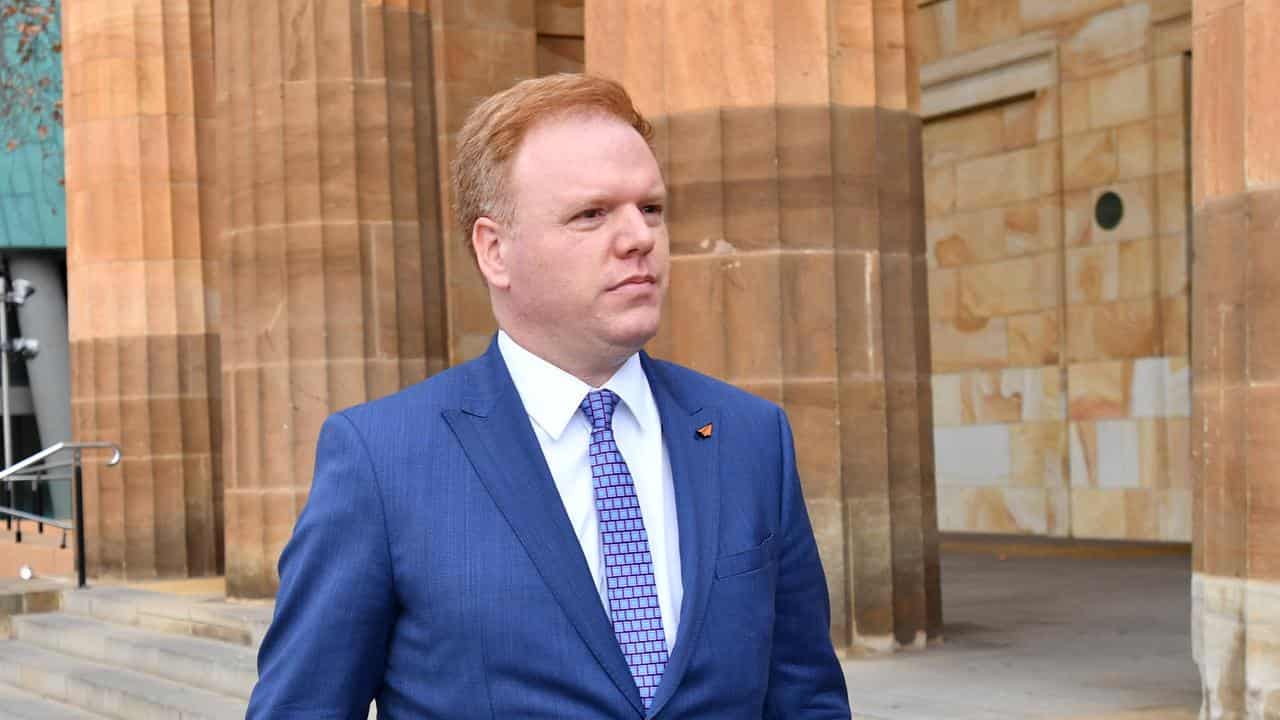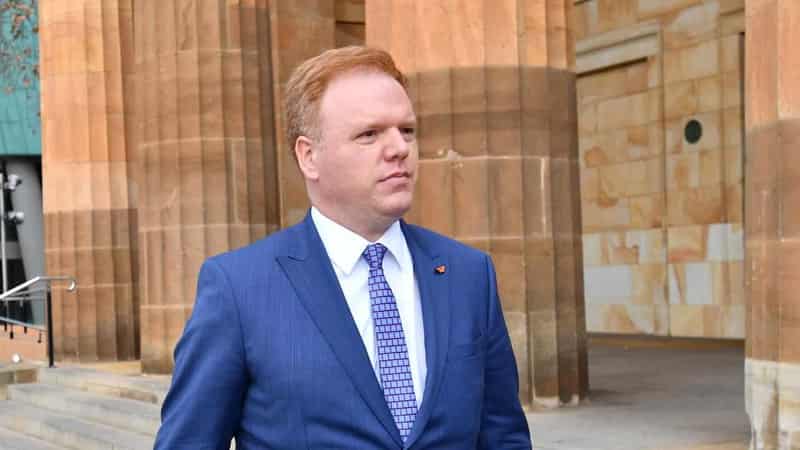
Whistleblowers who face prosecution themselves after calling out crimes and injustice will receive backing from a new fund.
Former senator Rex Patrick on Wednesday launched the Whistleblower Justice Fund amid growing calls to drop the criminal case against Richard Boyle, who blew the whistle on aggressive collection tactics by the Australian Tax Office.
Mr Patrick will spearhead a campaign in the coming months to pressure the government to dump charges against Mr Boyle and David McBride, the man who exposed allegations of war crimes committed by Australian soldiers in Afghanistan.
"Whistleblowers have been brave enough to call out wrongdoing – exposing corporate fraud and dodgy government deals, misfeasance, corruption and even war crimes," he said.
“But the federal Labor government is shamefully continuing with the coalition-era political persecution of whistleblowers."
Mr Boyle was "suffering from persecution by prosecution", Independent MP and former journalist Zoe Daniel said.
The MP for Goldstein said the former debt collector, who is scheduled to go to trial next year, was being dragged through the courts, had his finances destroyed and his mental health deteriorated simply for telling the truth.
Even when the truth had been exposed, whistleblowers still had inadequate protections, Ms Daniel said.
"The Australian Tax Office has admitted that the tactics that Boyle had the courage to call out were grievously wrong," she said.
"This scandal also demonstrates that existing whistleblower laws, afford no real protection for those with the courage to call out corruption and wrongdoing."
Ms Daniel called for the attorney-general to enhance whistleblower protections, pointing to his promise to strengthen the regime before the anti-corruption commission came into operation in the middle of the year.
"Where is it?" she said.
"The Boyle case will discourage other whistleblowers from coming forward in the public interest and is yet another reminder of the urgent need for a properly funded whistleblower protection authority or, at the very least, a whistleblower commissioner."
The promise had already been delivered with the passing of new whistleblower laws in June, a spokesman for the attorney-general told AAP in a statement.
The laws improve protections for public sector whistleblowers and witnesses by expanding immunities and the public interest disclosure scheme.
A second tranche of reforms will provide broader protections to public service whistleblowers and add reform supports available "such as a whistleblower protection authority or commissioner", the spokesman said.
Mr McBride is set to face a criminal trial in November charged with unlawfully disclosing sensitive information.
A subsequent investigation stemming from his revelations found credible evidence of war crimes by Australian special forces in Afghanistan, and one man has since been charged with the war crime of murder.
Mr Patrick said it was a strong message from the government for people to not blow the whistle.
“Australia is on track to have our first person jailed for war crimes in Afghanistan and outrageously it’s not a perpetrator (but) rather the person who helped expose it," he said.
“The attorney-general has made big statements and promises about protecting whistleblowers ... (he) has the power to right these wrongs and end these prosecutions, but he has failed to act."
The attorney-general's spokesman said the proceedings were ongoing and it would be inappropriate to comment further.









